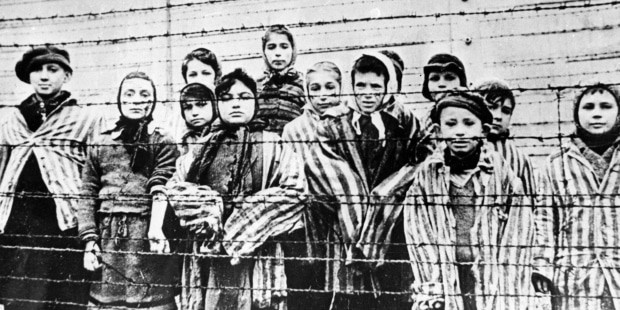Germany gives itself the right to portray all countries of the Old Continent as the defenders of democracy. In the process, it is trying to obscure, in various ways, its responsibility for the outbreak of World War II, along with inflicted damages, among them in Poland.
Recently, vice president of the European Parliament, Katarina Barley (German national), stated; Staaten wie Polen oder Ungarn müssen finanziell ausgehungert werden (They must be financially starved). She was referring to Poland and Hungary being forced to submit to the demands of the EU.
It is our responsibility to remind what kind of role Germany played in starving our forebears during World War II.
Elzbieta Rosiak, born in 1935 in Warsaw, lived in Lublin with her family during the war. Her memoirs, published after some years, stated;
(…) We drank balck coffee sweetened with saccharin, ate bread with beet marmalade, but never in amounts that would leave us satiated. (…) I felt hunger more acutely. At mealtimes, my brother and I had conflicts. We used thread to measure the thickness and length of a slice of bread. We fought over any differences that were discovered. (…) I spent my free mornings near a window of a bakery that baked cookies. Good smells travelled to my nostrils. I can’t remember what cookies taste like. (…) Often, a baker would jump on the window ledge, pretending to close it, and slipped a ball made of cookie crumbs into my hand. I ate that ball slowly, studying every crumb and remembering its taste [1].
Born in 1931, in Skierniewice, Anna Maria Przepiora remembering the time of war and hunger which was the result of German politics in relation to Poles. She recorded events attesting to the Germany’s contempt for Poles.
(…) I walked up with a group of kids to the windows of our school and waited till they opened the windows. After a few minutes the windows opened and a few Germans looked out. (…) That’s when I raised my head and spoke in a pleading voice „Herr, bitte Brot, meine Mutter krank” (I am asking for bread, my mom Is sick). We were showered by military bread crusts, egg shells and bare bones [2].
European Union’s accommodation of German politicians’ demands will in reality affect average struggling Poles, not the people in politics, in thousand dollar suits.
Unfortunately, history likes to repeat itself. Our responsibility is to draw conclusions since the upcoming future will not be an exact copy of the past. It will take on new forms, but the target will be the same, as it has been through the ages for the enemies of Poland.
Tłum. Joanna Kwiatek-Meyer
[Wróć do tekstu w języku polskim]
Podoba Ci się to co robimy? Wesprzyj projekt Magna Polonia!





